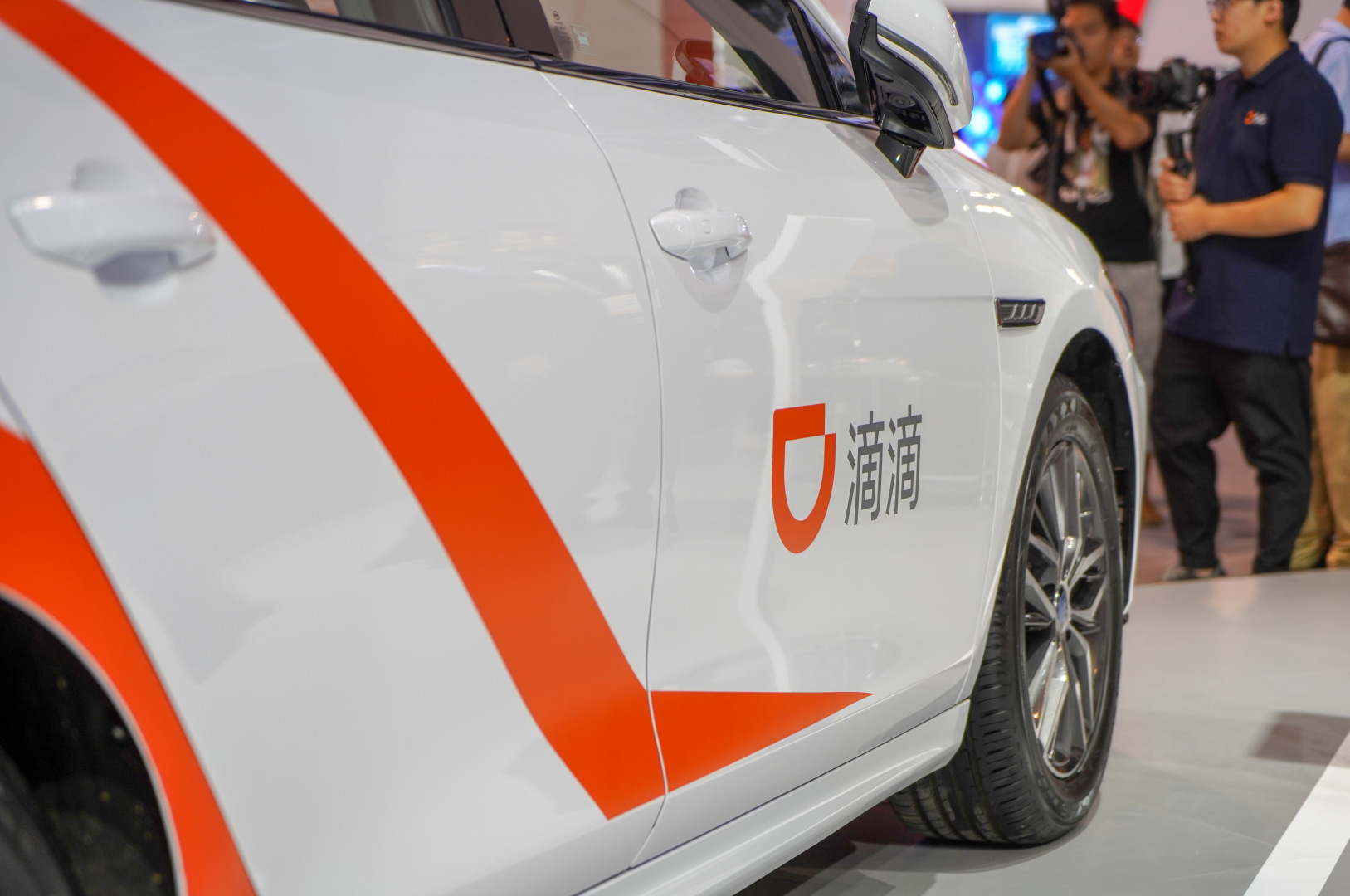If you’ve been on TikTok, YouTube, Facebook, or even LinkedIn recently, you’re probably well aware of “AI slop”—the low-quality, often misleading content now clogging up news feeds everywhere. But now Stanford researchers have coined a new term for when this type of low-quality AI content manifests in the workplace: “workslop.”
Over 40% of US-based full-time employees reported receiving “workslop” in the last month, according to a new survey by the Stanford Social Media Lab and BetterUp Labs, first published in Harvard Business Review.
The researchers defined workslop as AI-generated work content that “masquerades as good work but lacks the substance to meaningfully advance a given task.” Employees surveyed said an average of 15.4% of the content they receive now qualifies as workslop.
The phenomenon occurs mostly between peers, where it accounts for 40% of the work handed over. But workslop is also sent to managers by direct reports, where it accounts for 18% of the work. The scale of the issue depended on the industry looked at, with technology and professional services being the industries most impacted.
Unsurprisingly, the survey found handing in workslop didn’t leave the best impression on co-workers. Roughly half of the people surveyed viewed colleagues who sent workslop as less creative, capable, and reliable than before. Meanwhile, 42% saw them as less trustworthy, and 37% saw that colleague as less intelligent.
Recommended by Our Editors
This isn’t the first time research has emerged which implies that AI is causing just as many problems as it solves in the workplace. Earlier this year, a paper from the University of Chicago and the University of Copenhagen found that though AI created modest productivity gains per worker—just a few hours in an average working month—this was actually counteracted by the new tasks created by AI. For example, a teacher might shave a few hours off their workweek using AI for lesson planning, only to lose a few more checking students’ homework for AI usage.
Meanwhile, a study looking specifically at programmers found that AI coding tools actually slowed them down while working on a complex set of tasks, as the AI-assisted group spent so much time prompting the AI or checking its output.

Get Our Best Stories!
Your Daily Dose of Our Top Tech News

By clicking Sign Me Up, you confirm you are 16+ and agree to our Terms of Use and Privacy Policy.
Thanks for signing up!
Your subscription has been confirmed. Keep an eye on your inbox!
About Our Expert

Experience
I’m a reporter covering weekend news. Before joining PCMag in 2024, I picked up bylines in BBC News, The Guardian, The Times of London, The Daily Beast, Vice, Slate, Fast Company, The Evening Standard, The i, TechRadar, and Decrypt Media.
I’ve been a PC gamer since you had to install games from multiple CD-ROMs by hand. As a reporter, I’m passionate about the intersection of tech and human lives. I’ve covered everything from crypto scandals to the art world, as well as conspiracy theories, UK politics, and Russia and foreign affairs.
Read Full Bio










